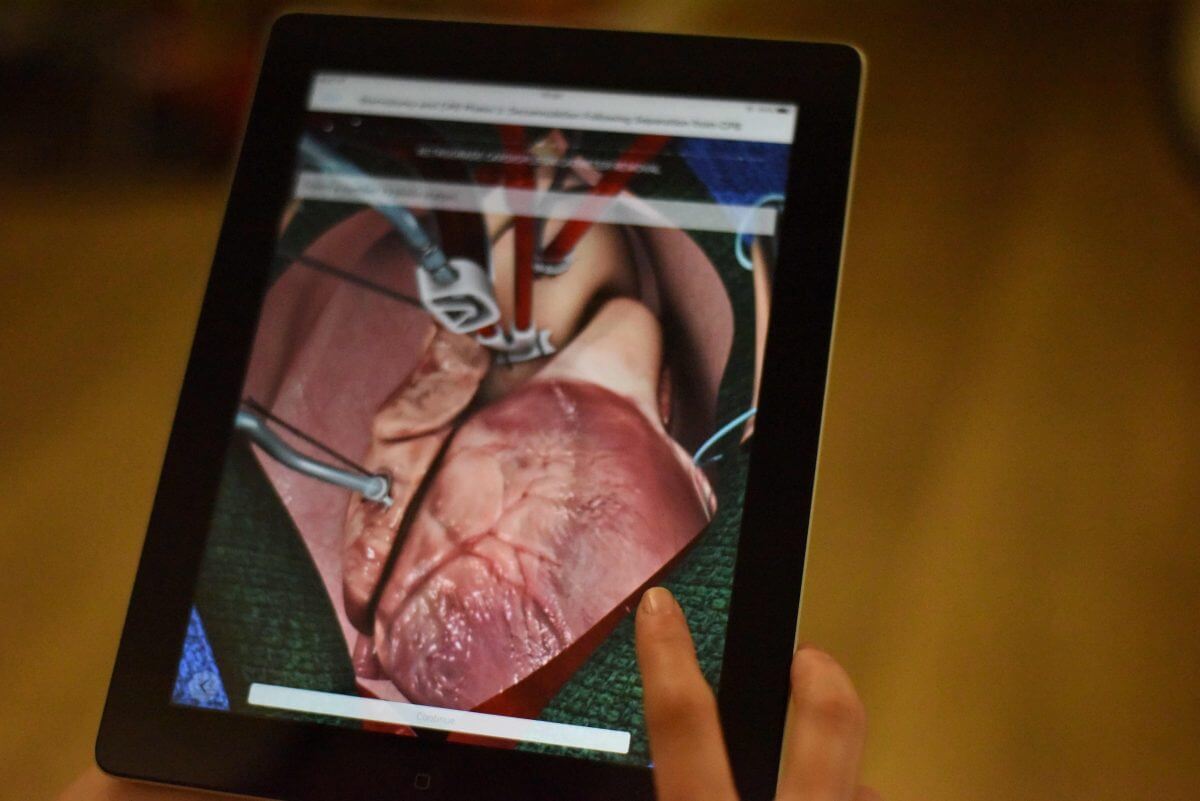Healthcare giant Johnson & Johnson (J&J) and its subsidiary Ethicon have just announced a partnership with health technology company Touch Surgery. The companies will work together to create a surgery simulator for mobile devices.
The surgical simulator would provide valuable training to surgeons to help improve patient outcomes. The simulator would also provide training on all of Ethicon’s medical devices.
Touch Surgery currently has a 3D operating room simulation application with more than one million users who can practice more than 75 different surgical procedures.
While a mobile app to practice surgery could no doubt help improve patient outcomes, Ethicon may have missed the point. The company is facing thousands of lawsuits over its pelvic mesh and power morcellator devices. It isn’t necessarily the surgeon or the procedure putting patients at risk, it’s the company’s own medical devices.
In 2014, Ethicon spent a whopping $830 million to settle more than 20,000 lawsuits over its transvaginal mesh products, but the company still faces an additional 35,000 lawsuits nationwide. Since this past March, Ethicon has been quietly settling power morcellator lawsuits for anywhere between $100,000 and $1 million per case.
Ethicon is also facing lawsuits filed by the states of California, Washington, and Kentucky alleging the company failed to warn residents of the dangers associated with transvaginal mesh. Having paid so much to settle lawsuits with even more to come, it’s curious why Ethicon is focusing on surgical training when its devices are under fire in various product liability lawsuits.
Ethicon isn’t the only J&J subsidiary suffering from lawsuits. DePuy Orthopedics is facing thousands of lawsuits over its Pinnacle hip implants. At least two hip implant trials have already resulted in multimillion-dollar verdicts. Additionally, DePuy has already worked to settle thousands of lawsuits regarding a previous hip implant model, the ASR.

